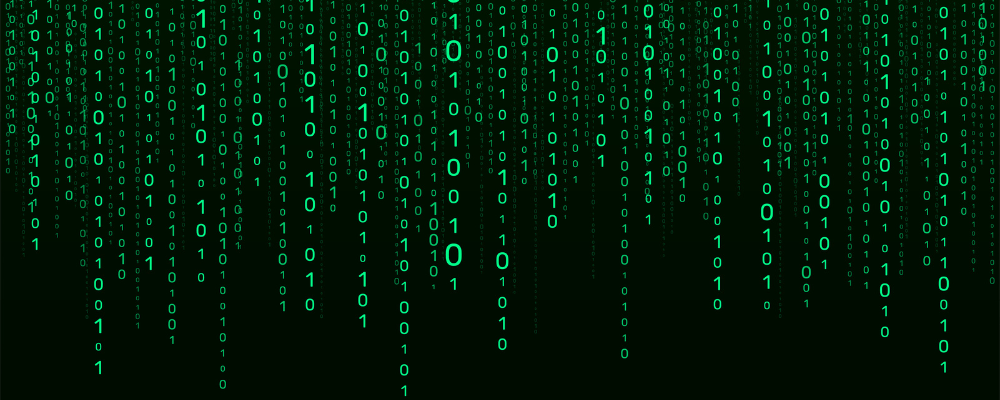In technological advancements, “Quantum Leap” has gained significant prominence, leaving tech experts curious. In this blog, we will embark on a technical journey to decode the intricacies of the Quantum Leap without resorting to overused clichés. Brace yourselves for an in-depth exploration of this groundbreaking concept reshaping the technological landscape.
Understanding Quantum Mechanics
Quantum mechanics, a fundamental branch of physics, underpins the concept of the Quantum Leap. It is a field that delves deep into the behavior of particles at the quantum level, far removed from the familiar macroscopic world. This understanding is the key to grasping the true potential of the Quantum Leap.
Quantum Computing: The Catalyst
Quantum computing is a powerful testament to the remarkable convergence of theoretical quantum physics and practical technology. At its core, it operates on principles deeply rooted in quantum mechanics, offering unparalleled capabilities that have the potential to revolutionize various industries. In this section, we will delve into the intricacies of quantum computing, exploring its fundamental elements, potential applications, and the transformative impact it can have.
Quantum Mechanics at the Heart of Quantum Leap
To comprehend the essence of quantum computing, it is essential to appreciate the underlying quantum mechanics that govern it. Unlike classical computers that operate on classical bits, which can represent either a 0 or a 1, quantum computers employ qubits as the fundamental unit of data. Qubits, short for quantum bits, are unique in that they can exist in multiple states simultaneously, thanks to the principles of superposition and entanglement.
- Superposition: Qubits can be in a state of 0, 1, or any linear combination of both conditions simultaneously. It means that a quantum computer can explore many potential solutions to a problem in parallel.
- Entanglement: Qubits can become entangled, which means the state of one qubit is dependent on the form of another, even if they are physically separated. This phenomenon allows for instantaneous communication over vast distances, a property that holds tremendous promise for secure quantum communication.
Exponential Speedup: A Game Changer
The key selling point of quantum computing lies in its potential to perform complex calculations exponentially faster than classical computers. This advantage arises from the inherent parallelism in quantum computation. While classical computers must methodically examine each potential solution one at a time, quantum computers can explore an array of possibilities at once.
This exponential speedup is particularly interesting in fields of Quantum Leap involving intricate calculations and simulations. Let’s consider a few industries where quantum computing could act as a catalyst for transformative change.



